O snail
Climb Mount Fuji,
But slowly, slowly!
Issa
Aging is a truly remarkable process to behold.
I say this because while each year offers new challenges that grow in complexity, at the same time these wickets instruct on the broader context of life.

As a kid I would often project into the future and then stress over eventualities that I hadn’t yet mastered. Things like how the hell does one even begin to obtain a mortgage?Looking back now, I realize that these fret-filled hours would have been better spent helping Mom out with the dishes. Ultimately, my gradual and diligent participation in society translated into me bumping through life events to include the house-buying experience. And with each passing task, I not only purchased and then catastrophically sold that first house, but I also gained a greater yet intangible understanding about life writ large. I find reasonable comfort in this demonstrated proficiency—but at the same time, my brain does continue to feel vexed by the road ahead.
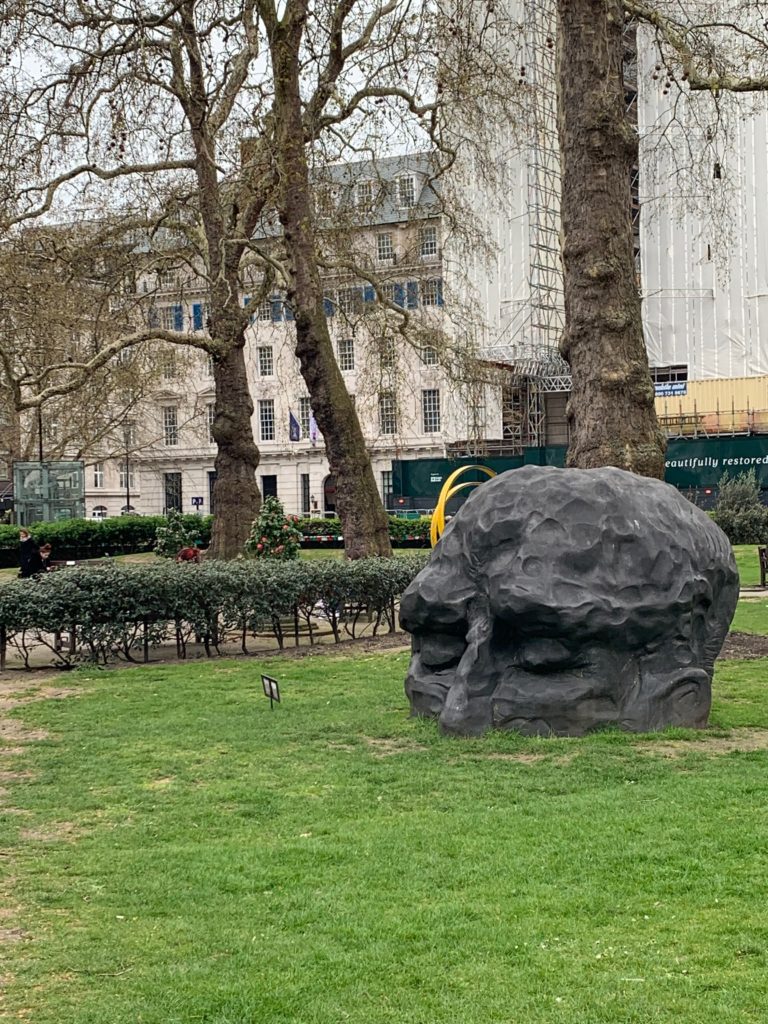
I thought about this the other day as I felt a familiar tug of mild bafflement—the same I first encountered as a contemplative kid. It mostly comes when I willingly place myself in complicated situations that feel mostly outside of my comfort zone. Now that I’m older and have plenty of reading material stacked into my brain, I believe this malaise can be classified as Imposter Syndrome.

I understand, intellectually, that this unsteadying sentiment is often neither useful nor well-founded—but right or wrong, its presence cannot be ignored. As humans, our emotions usually rise up and gain supremacy over even the most cultivated and enlightened streams of thought. And I don’t think you ever really age out of self-doubt—you just learn to swat at it like a gnat and then carry on in parallel with the work that is making you feel like a minor imposter.
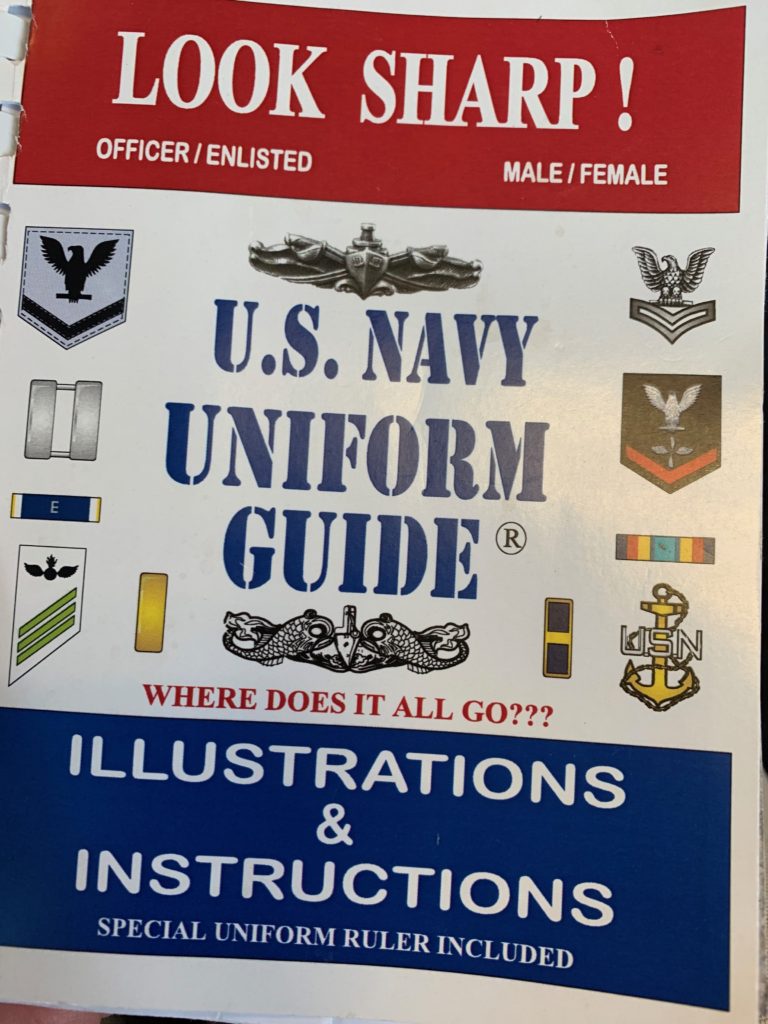
When I first started navigating the roads of adulthood, I asked my father about his four years in the military service aboard gray ships. Before selecting a similar path, I wanted to better understand what the work environment was like. I wondered how I’d be treated. Up until that stage, my military reference points came from excessive viewings of Stripes and Pink Floyd’s The Wall (don’t ask). But my dad, who left the Navy to become a commercial airline pilot, told me that the military wasn’t too different from the civilian sector in terms of daily conduct; it was just that the lines of authority were much more clear when in uniform. So I decided to join—even if I didn’t feel completely at ease with the future.
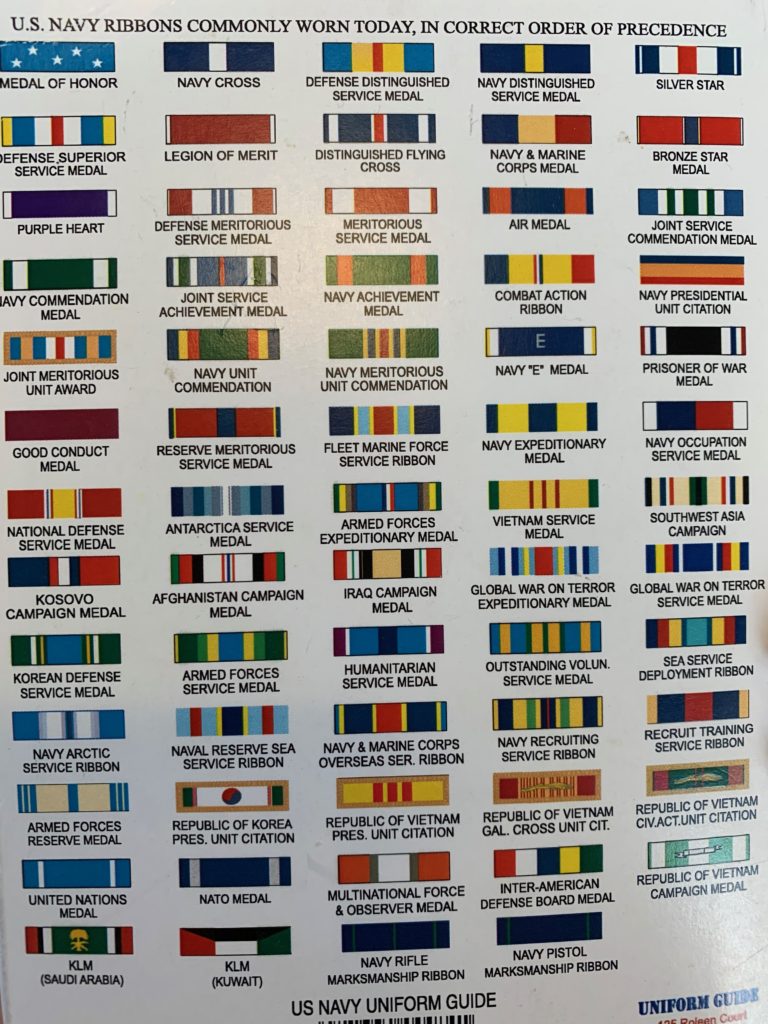
Fast forward to this week when I spent some time in a historic London meeting room while suited in my full service dress uniform. The large medals pinned to my jacket clanked loudly as I half stood up and tried to pull the heavy wooden chair closer to the thick oak table. I was there as a sort of set piece, a cast member for an official photograph. I sat there in a prolonged pose, looking across at a Greek army officer as we pretended to be engrossed in an important discussion. From time to time my eyes flicked down to the gold braids sewn onto my sleeves. Although fully aware of the time served and my rank in the armed forces, taking in this particular sight still at times catches me off guard.
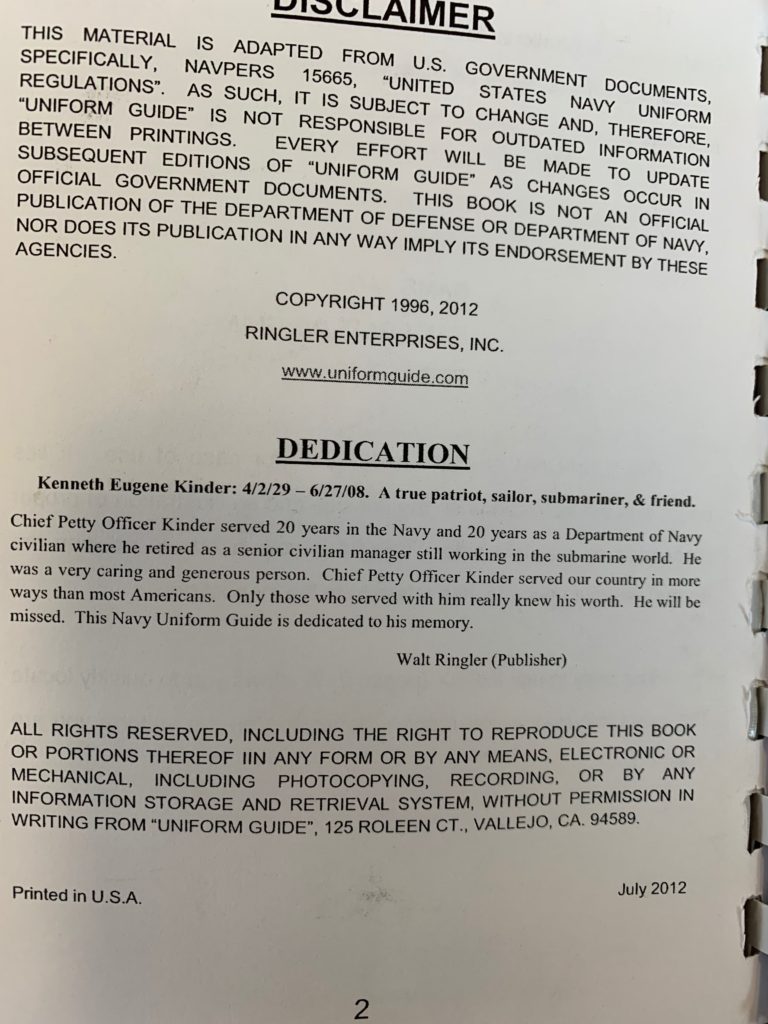
My rank is of course an indicator of both my age and some level of mastery within a chosen field of work. And while it feels like it was only months ago that I asked Dad about the Navy, I do feel confident in what I’ve learned over the past two decades. I have a dual appreciation for theory and application: old ship versus new ship, how things shouldgo versus how things actually dogo. I am also aware that I have a role to play in helping the younger folks around me to progress. I want them to have more faith in their capabilities in the event that their brains are telling them otherwise. And as I go through my days wearing gold and clinking uniforms, I recognize that this thinking presents a bit of an incongruity. I still can’t completely eradicate my own sense of wobbling uncertainty.
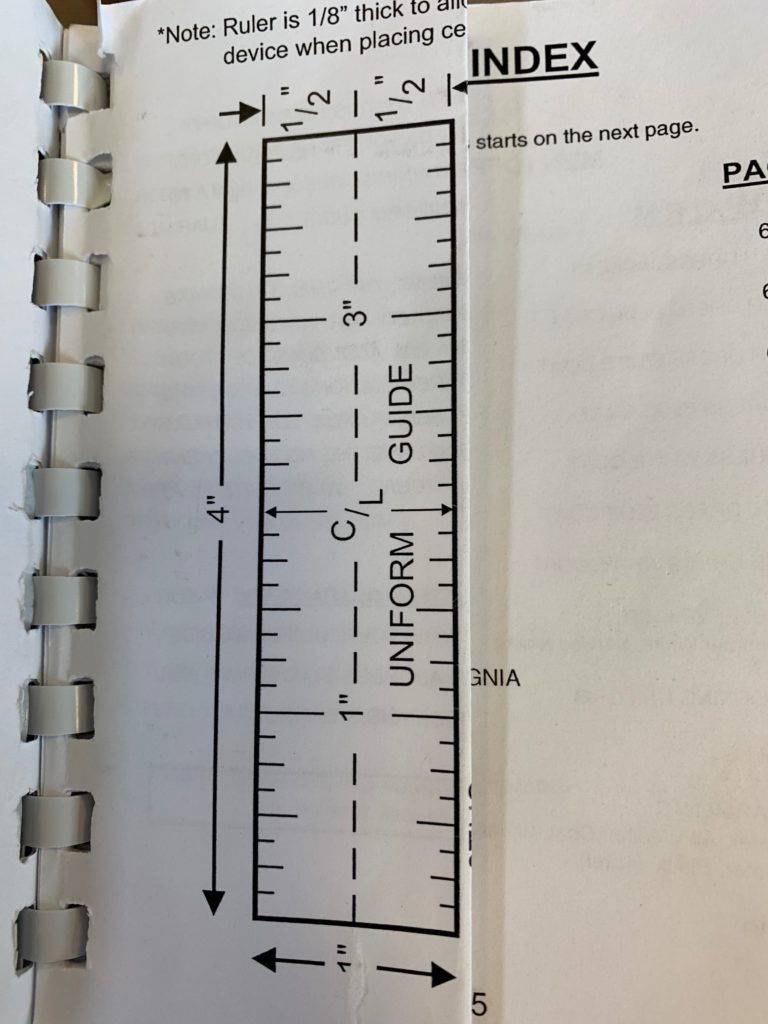
While there are bouts of “Who, me?” astonishment from time to time, I would say that my encounters with Imposter Syndrome come when working in the finer details of my employ. As I look ahead to new possibilities and employment, I feel gratified when given ringing endorsements for my work from those whose opinion I greatly value. I appreciate the compliment, but then I immediately worry that I’m being oversold. Fraud.I don’t worry about this a whole lot, mind you (after all, I am a proud product of the Commonwealth of Massachusetts)—but like a metronome, that questioning is always there, returning with regularity. After so many years, I’ve reached a point where I’m okay with this background texture.

We are all continuously scaling transition points, and on some days they are larger than others. Whether it’s getting ready to assume command, or transitioning from one employer to the next—I find it impossible to believe that there is a single person out there walking around without a bit of worry that they aren’t fully prepared for something. As for me, my only plan is to carry on tending to the immediate tasks at hand—whether it’s doing the dishes or toiling away at something more specialized at work. I’ll continue each day while also remaining mindful of where I’m going, adjusting for set and drift to ensure that I remain on track. Undoubtedly, I’ll eventually find myself someplace new where I won’t feel completely confident in my capabilities. Impostership be damned. I know I will trust on where I’ve been. And if it’s gotten me this far, I’m bound to keep on going.